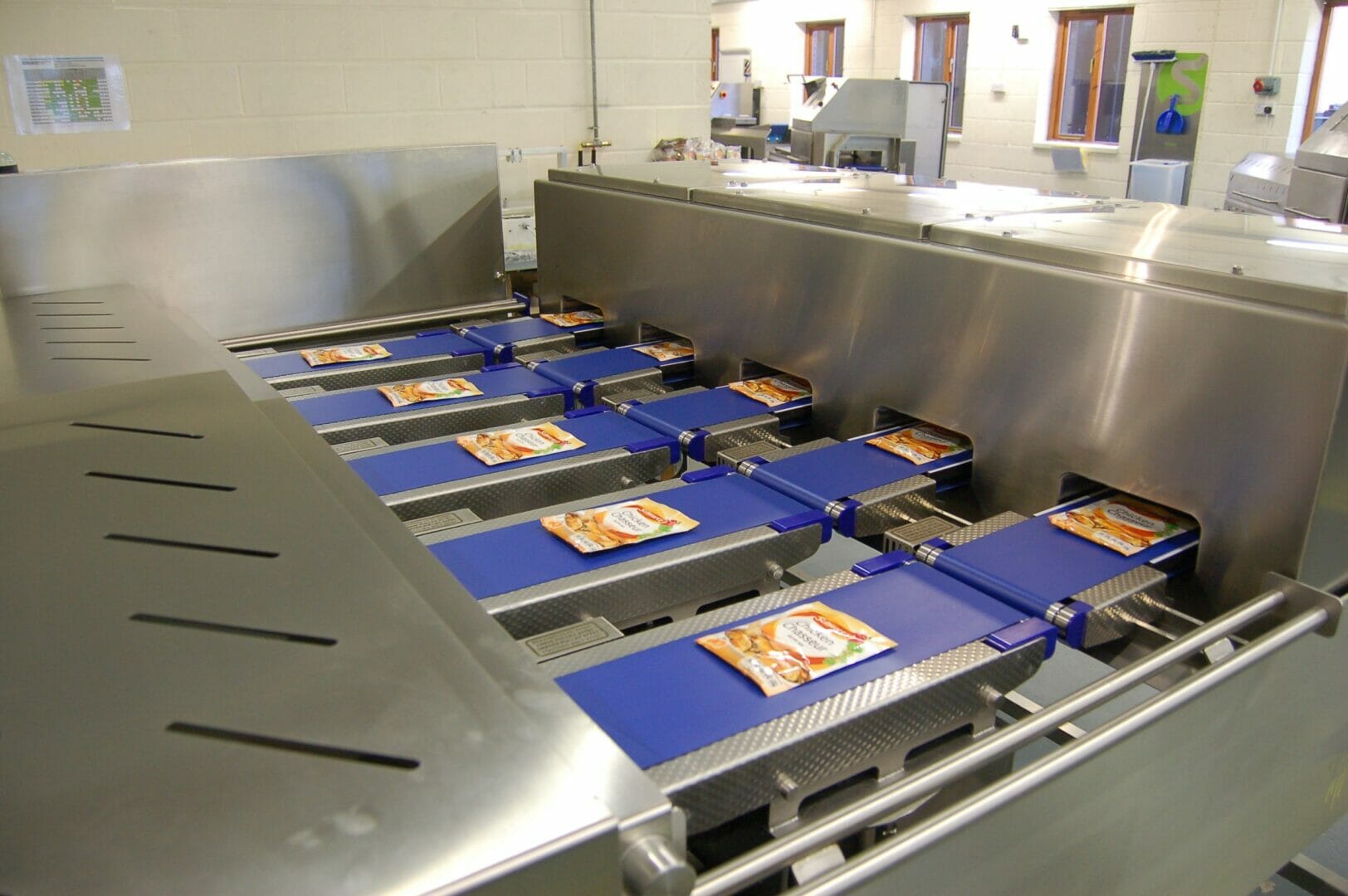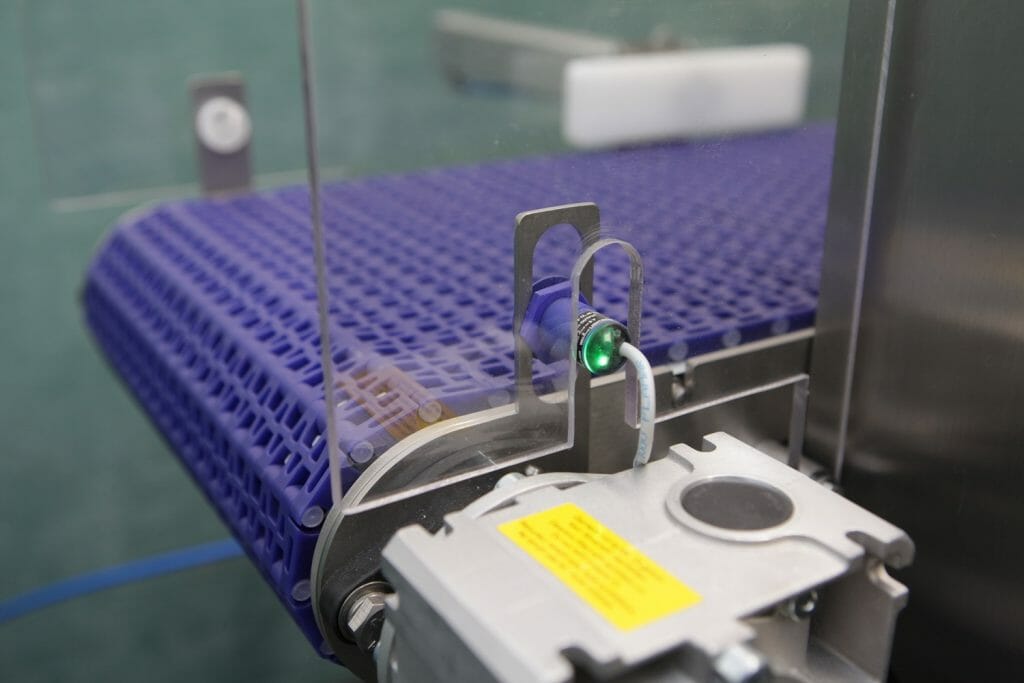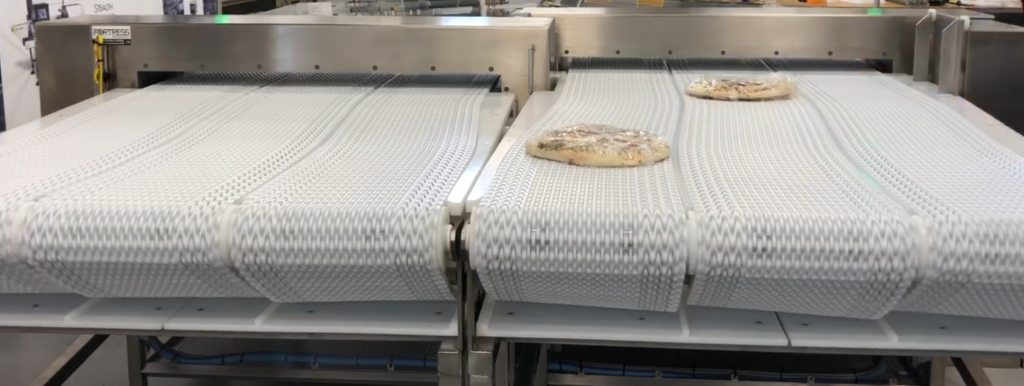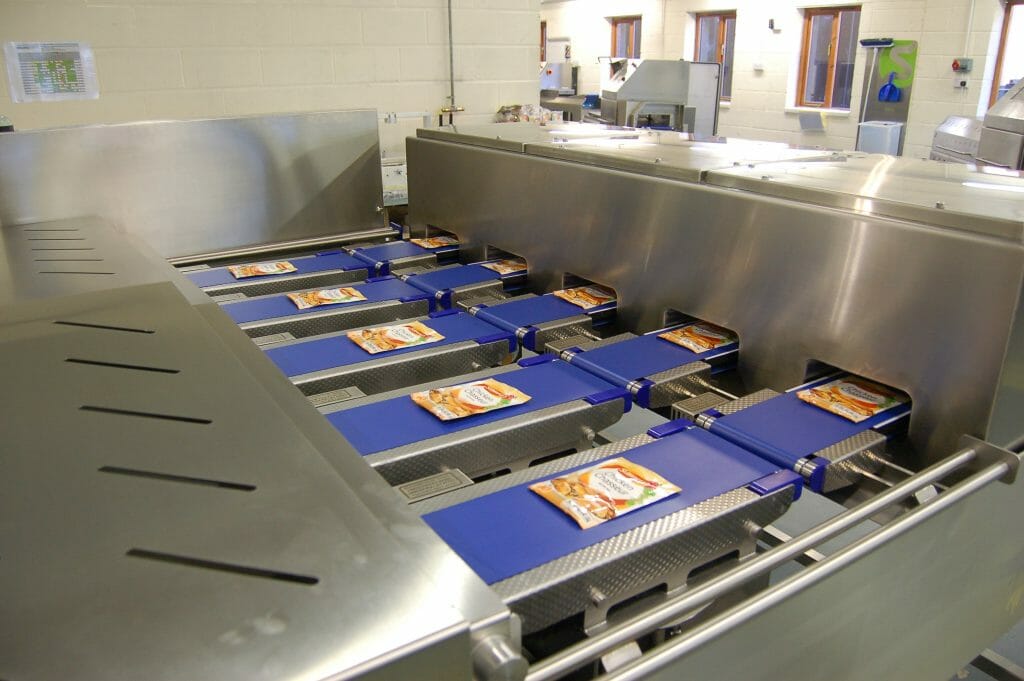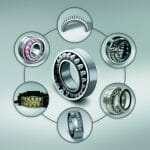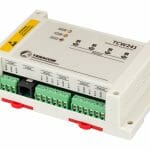In our daily lives as consumers, we have become accustomed to a high degree of customisation. In fact, we’ve grown to expect it, with much of the success of companies like Netflix and Amazon stemming from their ability to create tailored offerings. However, in the world of food production, the concept of customisation can still feel like an extravagance. In particular, smaller companies may fear that ordering a bespoke metal detection with a custom-built conveying system will be an expensive and complicated process, fraught with delays.
Thankfully, that couldn’t be further from the truth. Jodie Curry, Commercial Manager at Fortress Technology and Sparc Systems, highlights several situations when bespoke can be better.
European food manufacturers rightly demand extremely high levels of performance from their inspection equipment. From a safety and brand integrity perspective products must reach consumers free from contamination. However, inspection machines like metal detectors are highly sensitive. Performance can be affected by various environmental factors. These should be considered and addressed during the design phase of any system. Noise immunity technology can reduce many of these challenges and is built into Fortress metal detectors as standard.
Factoring in the conveying and reject system is equally important to guarantee reliable operation and avoid false readings. For example, when the footprint is tight, a customised solution may be the only way to ensure that metal detector performance is not compromised.
Aperture size is also critical to optimal operation. A metal detector’s performance becomes more limited as the aperture size increases in relation to the product being inspected. Yet, too small and there’s a risk that product won’t pass through. At times, customising the aperture around the product to be inspected is one way to ensure the metal detector will perform to its full capability.
Rather than being over-engineered or complicated, these factors are essential design elements of any successful food inspection system. Purchasing a customised machine with an integrated conveyor system, fully assembled and quality checked by a reputable food inspection manufacturer, is a stellar way to achieve functionality, productivity and the best performance.
It’s not unusual
Demand for customised solutions is far more common than people realise, accounting for around 20% of Fortress conveyor orders. Even Vector conveyors are somewhat customised to specific manufacturers’ needs.
Often, our engineers are tasked with configuring a new inspection machine with legacy upstream or downstream equipment. This can limit the options. There are also design limitations. For instance, the dimensions of a standard Vector conveyor won’t work within the footprint. Trying to shoehorn it in may even invade the detectors’ metal-free zone and cause false reading.
Due to line speed, belt width or product profile, a particular reject mechanism may be required, for instance sweep arm or retractable band rejects.
Recently, our North American colleagues installed a customised twin-lane inspection/conveyor system for a pizza crust manufacturer. Although the line speed wasn’t particularly fast, and the product wasn’t especially difficult to handle, this project still required a customised approach. Mainly because the detection system needed to precisely align with existing upstream and downstream legacy equipment.
In this instance, the only viable option was a customised S-curve conveyor. The reject mechanism also proved challenging. Air blast wasn’t suitable because of the belt width. A kicker proved incompatible because of the low profile of pizza. Lastly, there was insufficient space to accommodate a flap style reject. Instead, we engineered an innovative retracting reject mechanism.
- Bespoke systems can be retrofitted to incorporate smart solutions
- A customised twin-lane inspection/conveyor system designed for a pizza crust manufacturer to align with existing legacy equipment
- Fortress and Sparc created this 5-lane multi-aperture Ferrous metal detector and checkweighing system
Staying on task
When it comes to business continuity, reliability, agility and productivity are key. Contrary to popular belief, custom-designed inspection systems are only marginally more expensive than standard designs. It has long been our philosophy to support the optimal operation of all inspection systems. If poorly designed or installed, the risk of a contaminated product entering the food chain greatly increases. As well as the impact to human health, the long-term cost implications for a food business dealing with a contamination scandal are stratospheric.
The average cost of a recall according to a joint industry study by the Food Marketing Institute and the Grocery Manufacturers Association is $10m in direct costs, in addition to brand damage and lost sales. Cutting corners here can be a false economy.
One of our fundamental principles is to design machines that are easy to use but employ advanced processing power – simple on the surface but sophisticated under the hood. For example, a number of our metal detectors, including our Interceptor and Stealth ranges, use an advanced algorithm and powerful ARM processor which allow for multi-channel digital signal processing to collate real-time data from transmission and reception in both inspection fields.
Yet as digitally ‘smart’ as they are, all our systems – including customised machines –remain extremely simple to operate, featuring user-friendly controls, automated single-pass learning, and speedy calibration to deliver accurate system set-up within seconds. In general, our customers aren’t concerned with how many megabytes per second the processor inside is capable of handling – they want a detection system that will consistently run as intended, accurately rejecting contaminated product without incurring high levels of false rejects.
If clients require simple additions, such as buzzers and alarms, or want to equip systems with the latest smart digital technology, almost anything is possible. Our standard data capture and reporting technologies – Contact and Contact Manager – provide traceable and auditable QA information, ensuring compliance with food safety standards.
For even more sophisticated operations, Fortress offers Industry 4.0-ready options, including OPC-UA Adapter and Ethernet/IP Adaptor. These facilitate smart information exchange between systems on a line. Yet also offer a seamless, automated method of collecting traceable and auditable QA information as well as real-time process and performance improvement data.
Lead time for a bespoke system is only marginally longer – four weeks at most. This is largely due to the extra design work required to deliver an on-spec machine that meets the exact application requirements. Getting the right solution for the customer is what matters most – while this may take a few weeks longer, the end result is a reliable, longer lasting food inspection system.
As a result of Fortress and Sparc’s innovative and stable technology platforms, customised systems can be retrofitted to incorporate smart solutions. A robust build quality coupled with a modular approach and the use of interchangeable parts provides additional future proofing value.
Jodie sums up: “For any customised project, collaboration is critical. Having worked together for close to two decades, Fortress and Sparc have engineered dozens of bespoke inspection systems, including the world’s first ever five lane multi-aperture ferrous metal detector and checkweighing system. Our latest innovation, the Raptor series, is testament to what can be accomplished in the innovation space to advance manufacturing due diligence when engineering competence is pooled.
“Because both our companies are masters in our respective fields, when we partner together customers benefit from a higher specification combination system with synergy in test methods and product development,” ends Jodie.

